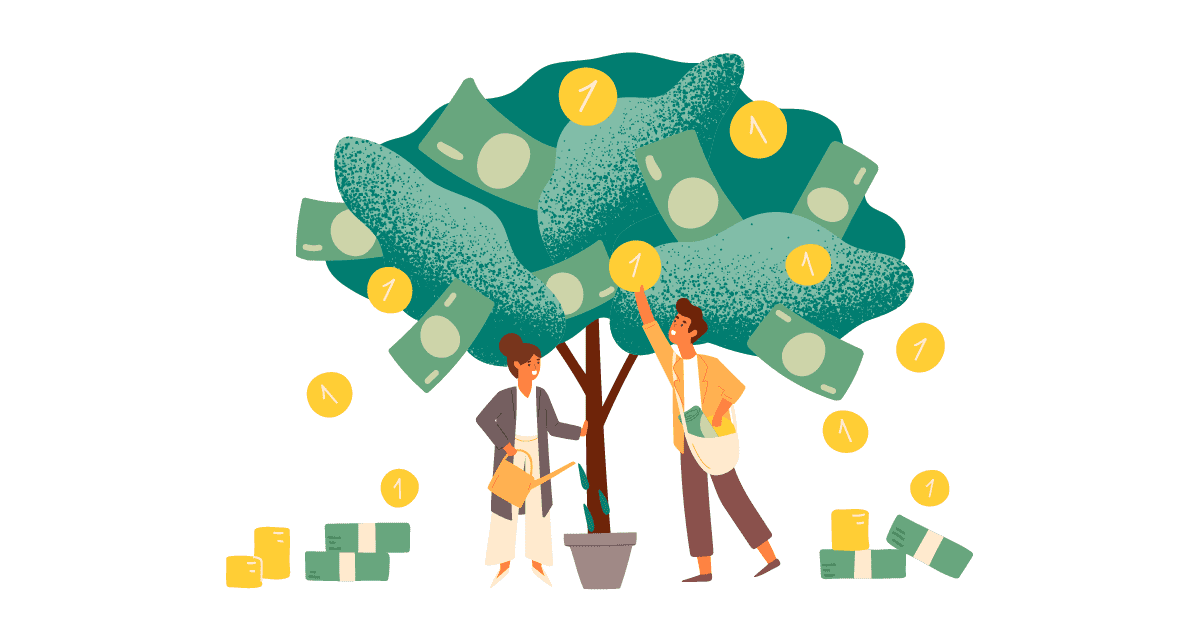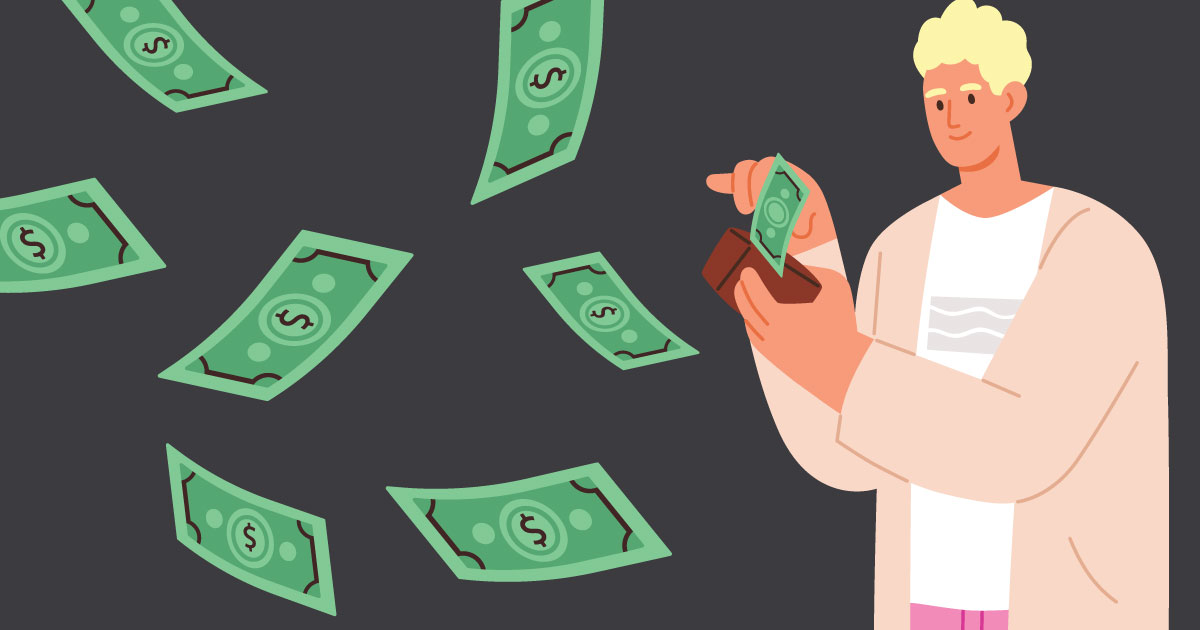- Guest Contributor
- March 12, 2021
Gig workers struggling to pay back their student loans got some welcome news in late January. This is when we learned that the suspension of student loan payments extended another eight months. It was originally set to expire on January 31, 2021 under the Trump administration. But, President Joe Biden froze payments on student loans until September 30, 2021 via executive order.
Education Secretary Betsy DeVos released results from a student borrower survey. This led to the eight-month extension stopping payments, collection activity, and interest accrual on student loans. According to her research, 60 percent of respondents stated that resuming payment of student loans would create a substantial hardship due to the financial impact of COVID-19.
Other Student Debt Priorities of the Biden Administration
President Biden has also recommended cancellation of up to $10,000 of federal student debt for borrowers who meet certain conditions. This ties in with statements he made while running against Republican President Donald Trump in the 2020 election. Below are some other pieces of legislation Biden has indicated he will try to push through the House of Representatives and Senate during his term.
- Lower the requirements for bowers to qualify for the Public Service Loan Forgiveness Program (PSLF).
- Allow students whose families earn less than $125,000 per year to attend a public college without paying tuition.
Before you assume that your student loan payments are history, you should know that the president and both branches of Congress do not yet agree on how much student debt to cancel and who should qualify. Although some legislatures have pressured Biden to issue an executive order to cancel up to $50,000 of federal student loans, Biden has hesitated to do that. Continue to keep an eye on the news for more updats.
Do You Meet the Qualifications for Potential Student Loan Forgiveness?
All borrowers should understand that current legislation regarding debt cancellation only applies to student loans backed by the federal government. You would still need to repay all private loans. Income limits may also apply, although that amount has not been determined yet either.
When Congress comes to an agreement on the student loan forgiveness income limit, it will likely tie into the amount decided for a possible third round of stimulus checks. The first two stimulus checks required married taxpayers to earn less than $150,000 and individual taxpayers to earn less than $75,000 to qualify. Congress is currently debating lowering those amounts to $100,000 and $50,000, respectively. If approved, the stimulus check income limits and student loan income limits would be the same.
If your student loans were mostly for graduate school, you likely will not qualify for any debt forgiveness. The rationale is that students earning professional degrees should have the resources to repay their student loans.
Whether you’re between gigs or working steadily, we hope this information is useful for financial planning. To learn more about the history of the Higher Education Emergency Relief Fund under the CARES Act, navigate to this resource published by the United States Department of Education.
About the Author: Lisa Kroulik has worked as a freelance content marketing writer for 10 years. She loves the work and the lifestyle it affords. Learn more about Lisa’s work and availability through Writer Access.










